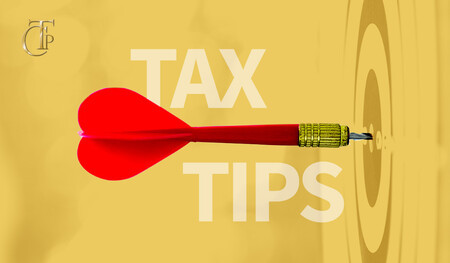As a tax advisor, you will need to employ different strategies when you are representing a buyer vs. seller in the sale of a company, since what is advantageous for one is often disadvantageous for the other. On top of that, you will also need to consider how different entity types are treated from a tax perspective. In this article, we’ll focus on things to look out for when your client is the seller of an S corporation.
When representing the seller of an S corporation, keep in mind that the business must be sold to someone who is eligible to sustain an S corporation if the buyer wants to keep that S election. Otherwise, the S election will terminate when the business transfers to the new owner. In that case, you will end up with a “short year” up until the date of the sale—meaning that the business will be an S corporation for part of the year, and then after the sale, the business will be considered a different entity type from a tax perspective, likely a C corporation.
On that year’s tax return, the income and/or loss from the S corporation will be allocated as if the tax year in which the business is sold is two separate “short” years, divided by the date of sale. You can allocate the income and/or loss pro rata (in equal portions), or you can do what’s known as the “closing the books” method. This second strategy requires a unanimous election by both parties engaged in the sale. The advantage is that “closing the books” allows you to be very specific about what you are allocating to the buyer and to the seller—what each business activity is and who will receive the benefit of either a tax deduction or tax income.
When representing the seller of a S corporation, you will also want to look at doing a pre-sale distribution. The owner of an S corporation pays tax on whatever the company earns, even if they leave that money in the corporation. So before a sale, the tax advisor will want to see if the owner/seller has a balance in their accumulated adjustments account (AAA). If so, they can make distributions of cash or property to themselves tax-free, resulting in a reduction of tax basis for the value of the company and therefore a lower tax liability for the sale itself.
If you are dealing with an installment sale, you can defer the gain even longer and still receive tax-free distributions upfront. However, this approach will increase your taxable gain later on, since you will be taxed in each year that a payment is received.
Another factor to consider is “hot assets,” a type of assets that gets special tax treatment when they are transferred during a sale. Hot assets include inventory and unrealized receivables that are passed on to the new owner. These are treated as ordinary income, since these items are “ordinary” to the business. Any kind of depreciation recapture is also considered a hot asset. So if you represent the seller, one tax strategy is to have less amounts allocated to inventory, recapture, or any other hot assets. This can minimize the taxable gain.
Lastly, remember that all S corporations started out at one point as a C corporation. Depending on what assets they had when they made the S election, the company may have built-in gains tax. If there are built-in gains from the time they converted, that means that even though you’re selling an S corporation asset, you will be subject to the 21% C corporation tax rate. To prepare, see if you can use up the built-in gains period. After the date that the S election is made, you have five years until any built-in gains go away, so when possible, see if delaying the date of sale can help to create tax savings.
The seller of a S corporation needs to anticipate both the tax consequences for profiting from a business sale and the nuances of dealing with that specific entity type. Help simplify the sales process for your clients and maximize their tax benefits by receiving advanced training as a Certified Tax Planner.







